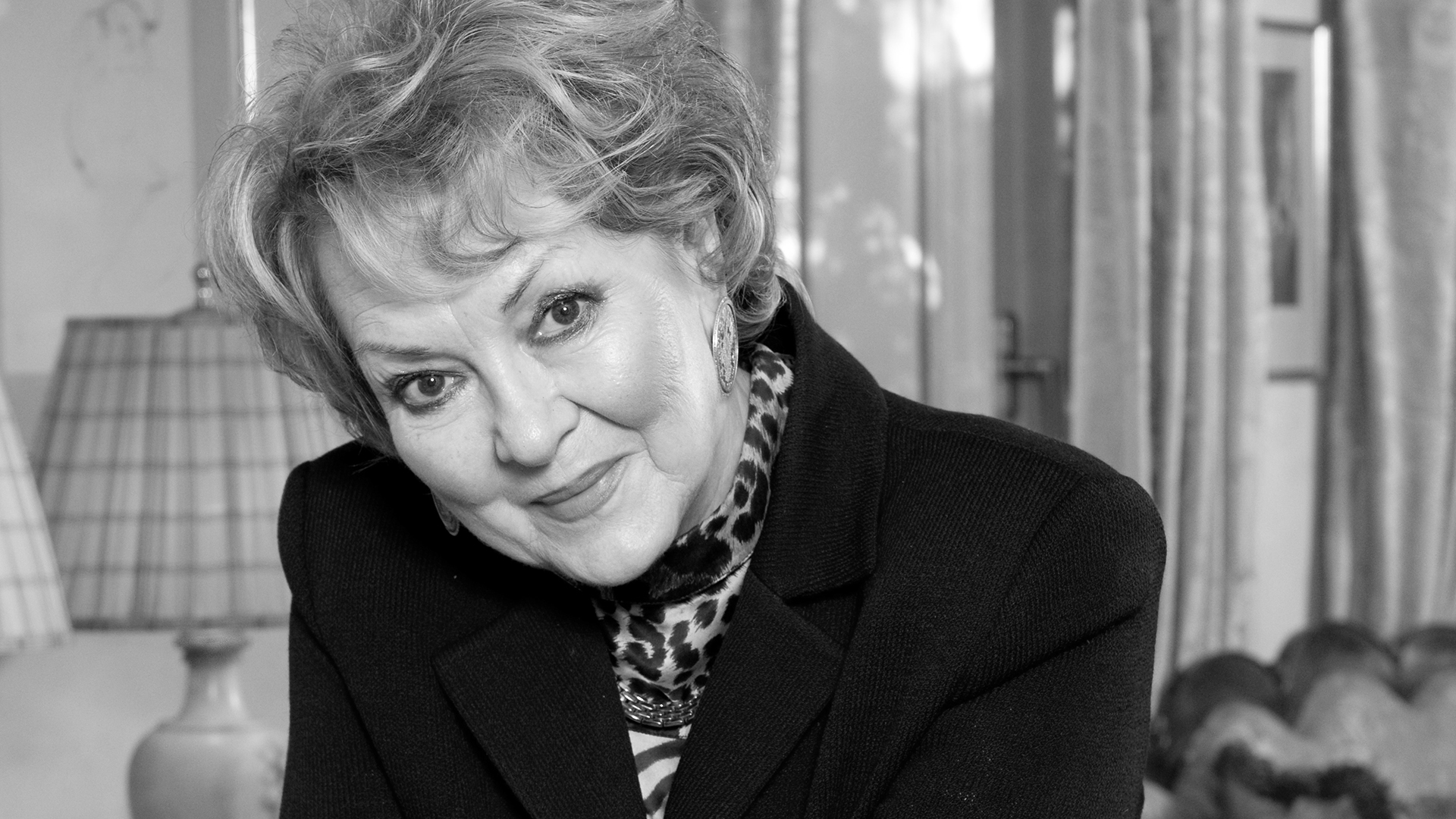title_karan_armstrong_in_memoriam - Deutsche Oper Berlin

It is sometimes the case that the influences on an individual’s career occur very early on but are fully realised only much later in the person’s professional trajectory. For the young soprano Karan Armstrong it was the German émigrés whom she met during her years training in the USA who informed and defined the path her career was to take. Her teacher, the celebrated Lotte Lehmann, the conductor Fritz Zweig, the director and former intendant of the Deutsche Oper Berlin Carl Ebert… all contributed to the image that the young singer from Montana was forming of Berlin, a city of opera – and this many years before Karan Armstrong herself became part of Berlin’s opera scene.
Like few singers before her, Karan Armstrong was a continual presence at the Deutsche Oper Berlin for almost four decades, beginning with her 1977 debut as Salome and ending with her final turn as Larina in Tchaikovsky’s EUGEN ONEGIN in 2016, a career spanning over 400 performances covering 24 different roles. And the trigger event, beyond the influence exerted by her mentors, was her encounter in 1978, three years after her first appearance on a European stage, with the director Götz Friedrich at a performance of SALOME in Stuttgart. Three years later the couple married, with Armstrong following Friedrich to Berlin and the Deutsche Oper, where he took up the post of Artistic Director in 1981. For two decades up to Friedrich’s death in 2000 Berlin audiences were able to savour the results of a unique artistic symbiosis, as Armstrong’s charisma and her ability to imbue the great opera roles of her fach with psychological credibility made her the perfect recipient of her husband’s style of direction. These attributes were all the more conspicuous in light of the breadth of her repertoire, which extended beyond Strauss and Wagner to encompass works by composers such as Berg, Korngold, Poulenc, Shostakovich and Kurt Weill, an investment that led journalists to dub her the “diva of Modernism”.
The death of her husband, while a painful rupture, happily did not toll the end of Karan Armstrong’s career. In addition to her ongoing stage work she was increasingly active as a teacher and involved in initiatives for the advancement of young singers. She also returned to the Deutsche Oper Berlin and was a regular supporter of initiatives to develop the work of the opera house.
The Deutsche Oper Berlin mourns the passing of a great singer-performer and will long cherish its memory of Karan Armstrong.



